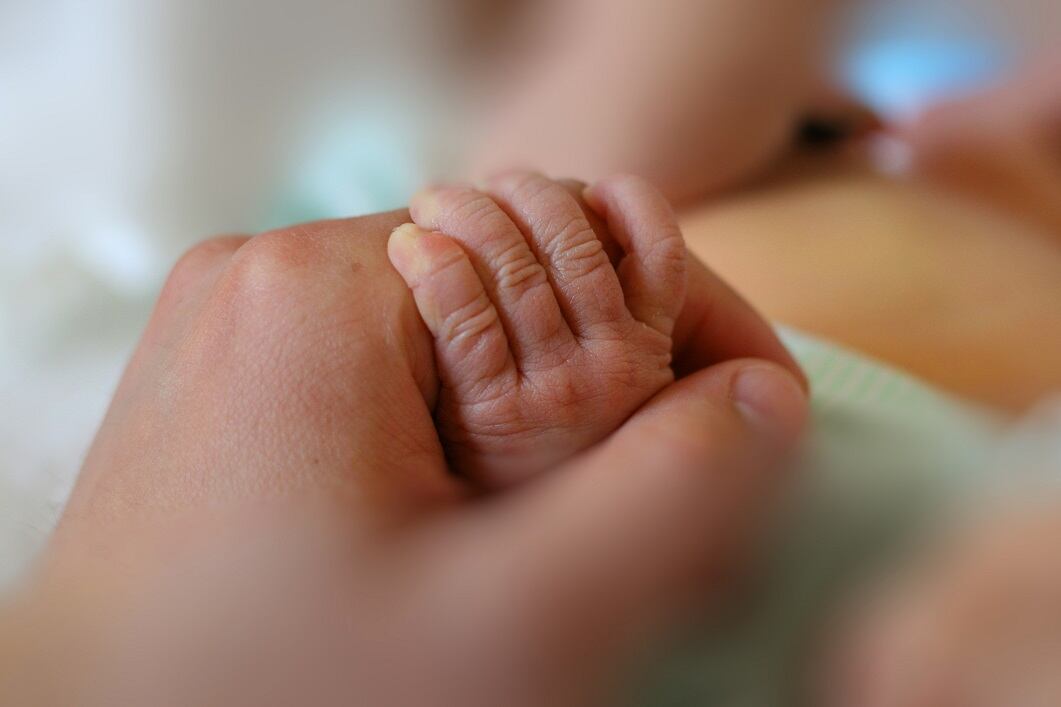Neonatal MADD is characterized by lactic acidosis and hypoglycaemia that limits an infant’s ability to metabolise fat, carbohydrates, and proteins, and is passed on by mothers with riboflavin transporter deficiency or who present with unexplained vitamin B2 deficiency.
Proponents of vegan diets are often deficient in a number of essential nutrients but while nutritional guidelines during pregnancy address the need for supplementation with iron, zinc, and vitamin B12, the importance of vitamin B2 is rarely cited, according to Dutch researchers from Amsterdam University Medical Center.
Writing in Neonatology, they comment: “A vegan diet imposes a risk for nutrient deficiencies, especially for pregnant females who have a higher recommended daily intake (RDI). Remarkably, the risk of riboflavin (vitamin B2) deficiency is not considered in the current guidelines for pregnancy.
“More awareness of the dangers of an inadequate diet, including riboflavin deficiency, during pregnancy should be raised under health care professionals that are taking care of pregnant women.”
Poor prognosis
More and more consumers are turning to veganism with the majority female and of reproductive age. While vitamin B2 is found in green vegetables and fortified flour for cereal and bread (in some countries), main sources are dairy products, meat, and fish.
Vitamin B2 is the precursor of flavin mononucleotide (FMN) and flavin adenine dinucleotide (FAD), cofactors for flavoprotein enzymes, essential for fat, carbohydrate, and protein metabolism.
Recent studies have established an association between maternal vegan (as well as other restricted, such as vegetarian and lactose-free) diets and increased risk of small gestational age.
Evidence demonstrates both primary (lactic acidosis and hypoglycaemia) and secondary neonatal symptoms (abnormal screening tests that suggest very-long-chain acyl-CoA dehydrogenase deficiency) leading to metabolic dysfunction.
Infants with the condition have a poor prognosis and most die within a few days after birth. This highlights the need to promote and encourage maternal vitamin B2 intake, the authors say.
The current case study focuses on a male neonate with life-threatening hypoglycaemia and lactic acidosis due to severe vitamin B2 deficiency.
Neonatal symptoms
The one-day-old neonate displayed rapid breathing (tachypnoeic), a high temperature, and hypotonia but no signs of circulatory or respiratory weakness.
Tests revealed severe hypoglycaemia and lactic acidosis, with the former treated with intravenous glucose and continuous infusion.
While the original diagnosis was neonatal early onset sepsis, metabolic analyses determined the condition as MADD. Severe vitamin B2 was also considered.
Results
Rapid improvements were observed with a feeding regime comprising low protein and fat, with high carbohydrate intake. Oral L-carnitine (50mg/kg/day) and riboflavin (45mg/kg/day) were also administered.
Genetic sequencing of coding regions and genomic DNA ruled out MADD as a diagnosis and the diet was switched to regular infant formula.
Results for the mother revealed an abnormal acylcarnitine profile and very low plasma riboflavin, although there were no clinical signs of deficiency.
A dietary assessment using a three-day record showed low vitamin B2 intake (0.46mg/day), based on recommended levels of 2mg daily for lactating women, and also indicated deficiencies in vitamins A, D, and B12, and iron.
The authors therefore determined infant symptoms were a result of vitamin B2 deficiency “caused by an insufficiently supplemented maternal vegan diet”.
Conclusion
Maternal vitamin B2 deficiency can lead to a life-threatening condition in new-born infants and should be considered where unexplained hypoglycaemia and lactic acidosis occur in neonates with vegan mothers, the authors state.
Increasing awareness among health professionals about the consequences of poor diets during pregnancy must be a priority, they say. Currently, only 25% of midwives and 14.5% of obstetricians are comfortable referring pregnant women on a vegan diet to a dietician and only 40% of dieticians at ease offering advice to pregnant women on a vegan diet.
“This case highlights the importance of adequate counselling of all pregnant women adhering to a vegan diet,” they add.
Source: Neonatology
Published online, September 19, 2022: doi: 10.1159/000526334
‘Mind the B2: Life-Threatening Neonatal Complications of a Strict Vegan Diet during Pregnancy’
Authors: B. Jaeger, et al.

